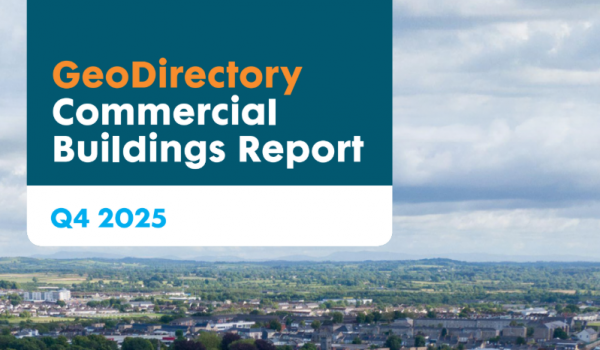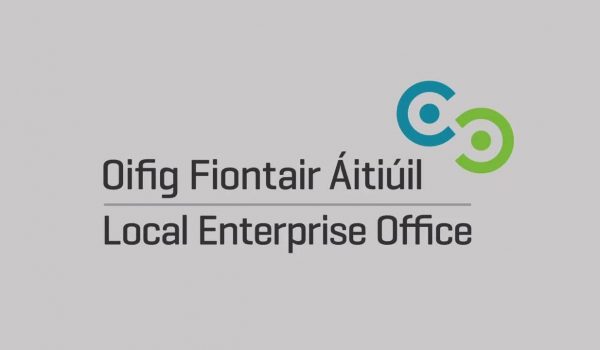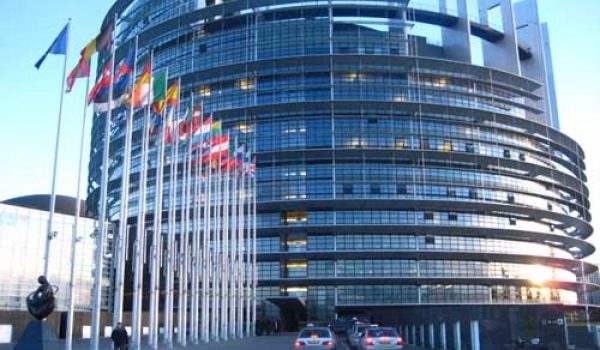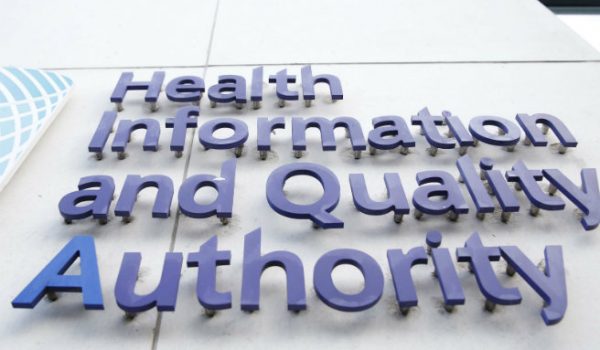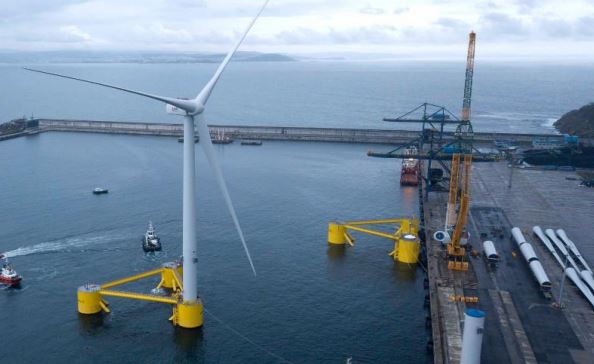
New figures have shown that those living in the Northwest are least likely to say cutting back on fossil fuels would be easy.
According to the latest PTSB Reflecting Ireland research, people living in Connacht and Ulster show the most difficulty in cutting back on the use of fossil fuels when heating their homes.
The figures also show that two in three people are saying their household is already doing everything it can to combat climate change.
See full press release:
Connacht and Ulster residents find it most difficult to reduce use of fossil fuels at home, according to latest PTSB Reflecting Ireland research
· Those living in northwest least likely to say cutting back on fossil fuel use would be easy
· Only 29% of people in Connacht and Ulster agree, compared to half (49%) of Dublin residents
· Nationally, 1 in 4 believe we are on the brink of irreversible climate change
· Nearly half (48%) of people in Ireland expect economy to get worse in next 12 months
Friday 10th November 2023
People living in Connacht and Ulster show the most difficulty in cutting back on the use of fossil fuels when heating their homes, according to the latest PTSB Reflecting Ireland research.
While nearly half (49%) of people in Dublin say they would find it easy to commit to reduce their use, only 29% of those living in the northwest say the same thing. The national figure is 41%.
The research was commissioned by PTSB as part of their Reflecting Ireland series which runs quarterly. The series examines attitudes to various issues and views on the economy.
Overall, it shows 7 in 10 people in Ireland are concerned about climate change, with 1 in 4 believing we are on the brink of irreversible climate change.
It also found that men are showing slightly higher levels of concern about climate change (73%) than women (66%) and that older age groups (over 55s) are more concerned than the 18-24 cohort (75% versus 68%).
The research was undertaken by Core Research amongst 1,000 adults in August.
Attitudes to climate change
Key findings of this latest round of the series include:
•While 1 in 4 of the adult population as a whole believe we are on the brink of irreversible climate change, there is a divergence between older age groups (45-54, where 33% feel this way) and younger people (18-24 group, where 28% agree).
•The main issues concerning people in terms of the consequences of climate change are Extreme Weather events (with 26% of respondents saying this concerns them most), Cost of Living increases arising from climate change initiatives (18%) and health risks arising from Extreme Weather (13%).
•The industries we see as having the most impact on our climate are transport (51%), energy (50%) and airlines (47%).
•Although seen as most responsible for climate change, energy companies are seen as leading the way in tackling its effects (49%), followed by agriculture (35%) and transport (34%).
•7 out of 10 people feel trying to be environmentally friendly will cost them money, with older adults more worried about this than younger adults.
•Two in three people are saying their household is already doing everything it can to combat climate change.
•45% of people say the increased cost of living has driven them to live more sustainably; 68% have made an effort in the last 3 months to use up leftover food, 42% have substituted public transport or walking for private transport, and 29% have replaced meat in a main meal.
•27% of people are willing to pay higher taxes to support green initiatives.
•The number of people who feel positive about living in Ireland has dropped in three months from 47% to 41%. Those who feel negatively has risen from 52% to 59%.
However, many people report that their changes in behaviour are more likely to be motivated by a desire to cut down on spending and that, for them, this is a more important factor than combatting climate change.
Speaking today, Leontia Fannin, Head of Corporate Affairs with PTSB, said:
“Our research shows climate change is clearly a big concern for people in Ireland – and that they have fears not just about the impact on the planet but also on the risks to their personal health and their finances.
We’re seeing substantial numbers of people concerned that we’re on the brink of irreversible climate change. This is feeding through to a strong desire to change behaviours – paying more taxes to support green initiatives, paying extra for climate friendly products and services. But there is also competing pressures on household incomes arising from the increased cost of living that might limit our collective efforts for further big changes.”
Consumer sentiment towards personal finances and the economy
The PTSB survey also explored people’s current attitudes to their finances and to the wider economy. The research shows a marked deterioration in consumer sentiment and that the positive trends we’ve witnessed in recent quarters have begun to reverse.
Key findings here include:
•48% expect the economy to get worse over the next 12 months (up from 43% three months ago).
•58% believe the country is “on the wrong track” (up from 55% three months ago) while the number of people thinking Ireland is on the right track has fallen from32% to 30%.
•56% feel their personal finances are worse off than a year ago (versus 51% three months ago), while 17% feel they are better off (versus 16% three months ago).
•The cost of living continues to dominate consumer concerns, with 43% of people saying it’s the number one issue to be addressed in Ireland today. This is morethan double the level expressing this sentiment two years ago.
•Homelessness (15%), the Price of Housing (12%), Access to quality Healthcare (10%) and Affordable Rents (9%) make up the remainder of the top 5.
•Covid has essentially disappeared from the radar for most consumers, with just 2% of people saying it is the top issue, down from 15% two years ago.
•39% of people expect to be worse off in 12 months’ time, up from 33% three months earlier.
•Overall, 41% of people feel positive about living in Ireland, with 59% feeling negative. This compares with a 47/52% positive/negative split three months ago.
Speaking on the survey results, Behavioural Scientist, Claire Cogan of Behaviour Wise said:
“More of us are already changing our behaviour to live sustainably compared to two years ago, even if the motivation for doing so is often to save money rather than save the planet. The nation seems divided on its willingness to pay more for green initiatives. The fear of higher costs is getting in the way of taking action but there is no doubting the strength of feeling over the urgency of the climate challenge particularly as we experience the effects of extreme weather.”

